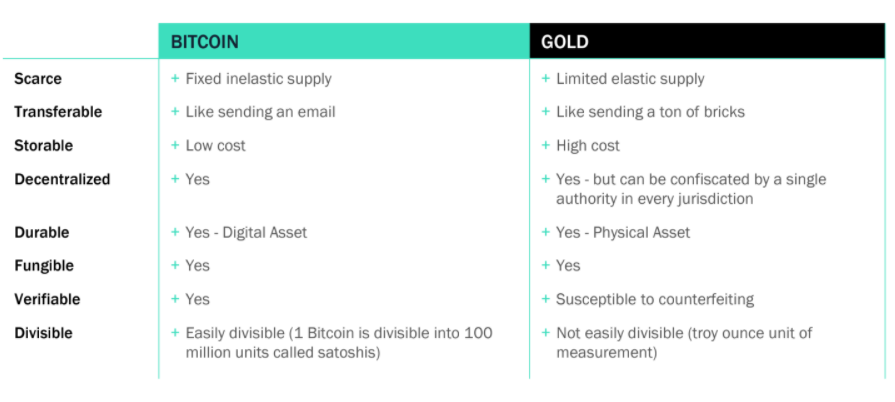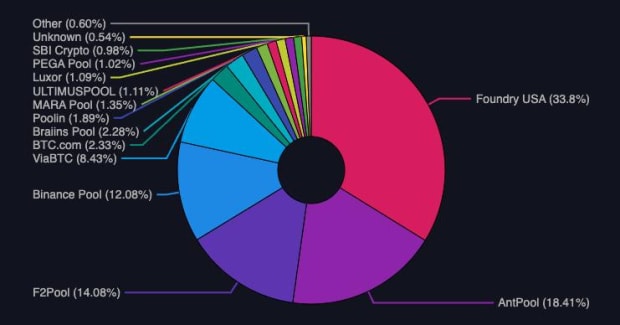IMF Urges El Salvador To Ditch Bitcoin
IMF directors said they see ‘risks’ in using bitcoin as currency and issuing bitcoin-backed loans.
The executive board of the International Monetary Fund issued a statement on Tuesday urging El Salvador to remove Bitcoin’s legal tender status in the country, citing concerns over risks the digital currency allegedly poses to financial stability and market integrity.
The recommendation from the IMF comes as directors seek to stir the Central American country back to a position of better odds of receiving the $1.3 billion loan it asked the international institution for last year as high debt leads to increasing financing needs, the directors noted in the statement.
El Salvador adopted bitcoin as legal tender in September after its President, Nayib Bukele, announced plans to introduce a Bitcoin bill in June. The bill was quickly approved by lawmakers and turned into effect only a few months after. The IMF has been vocal against the move from the beginning, and on Tuesday said the adoption of bitcoin as legal tender by the Central American country “entails large risks for financial and market integrity, financial stability, and consumer protection” and fiscal contingent liabilities.
IMF directors “urged the authorities to narrow the scope of the Bitcoin law by removing Bitcoin’s legal tender status,” the statement said.
Some directors also expressed concern over the idea of issuing bitcoin-backed loans, an initiative put forward by Bukele last year in cooperation with Blockstream, the company behind Bitcoin’s Liquid sidechain. However, directors didn’t specify what aspects of the bitcoin bonds they considered risky.
El Salvador was the first country in the world to adopt bitcoin as a legal currency, granting it the status of legal tender in a nation that relies on remittances and has most of its population lacking access to traditional banking. Despite Bitcoin’s ability to bring equal financial access to people and improve the remittances experience, the Central American country is now pressed between its pioneering move and the need for capital as the IMF effectively tries to impose conditions on granting the loan.









